Canada Headed For Constitutional Crisis With Its Woke Senate
What happens when it refuses to pass legislation from the next Conservative government?
There is a Constitutional crisis on the horizon for Canada. It could well redefine how the Senate operates and might ultimately lead to a Constitutional amendment that either reforms, democratizes or abolishes the Senate. But before that can occur, the House of Commons and its elected representatives may have to assert their democratic authority over the unelected, appointed Upper Chamber.
As of May 2024, there are 96 of the 105 Senate seats filled. When Prime Minister Justin Trudeau decided in 2014 — before he was prime minister but merely leader of the Liberal Party — to allow senators to be “independent” and not sit with the Liberal Parliamentary caucus, from then on the make-up of the Upper Chamber became not only checkered but chaotic. Whereas the Senate was traditionally composed of Liberal, Progressive Conservative and Conservative Party of Canada (CPC) senators, based on the prime ministers who appointed them , the Senate now has 42 members of the Independent Senators Group, 17 members of the Canadian Senators Group, 14 members of the Progressive Senate Group, 13 members of the Conservative Party of Canada and 10 who are non-affiliated.
By the time of the next election there will be even fewer Conservative senators.
As Sen. Denise Batters (CPC-SK) recently posted on X: “Actually and unfortunately, there will be only 10 Conservative Senators by then. Right now, there are only 13 of us in the CPC Senate Caucus.”
When I asked Batters to appear on my “Stand on Guard” broadcast to discuss this looming Constitutional Crisis and how an overwhelmingly leftist Senate would respond to any Poilievre-led government, I was informed that the senator did not wish to discuss such a “hypothetical” situation.
Of course Trudeau’s independent policy course is a farce. Trudeau has been appointing people to the Senate who are very Liberal in every way. They owe their loyalty to Trudeau and their politics can be as woke as anything found in the House of Commons.
When Trudeau announced the appointment of Toronto entrepreneur Mohammad Al Zaibak as an “independent senator” in January of 2024, it didn’t take long to discover that Al Zaibak had a long history of donating to the Liberal Party of Canada, funding the Grits to the tune of over $76,000.
So the political reality of the Senate is that it is overwhelmingly Liberal in voting preference and perhaps even more left-wing than the average Liberal MP. If Pierre Poilievre and the Conservative Party form the next federal government as all polls are indicating they will, how will this deeply entrenched force of wokism react to Conservative bills that might eradicate the carbon tax? Reverse the euthanasia program? Insist on balanced budgets? Abolish censorship bills? And so on, and so on.
The Senate could prove to be the most powerful force of the left in Canada to derail efforts by a new Conservative government to cleanse Canada from potentially 10 years of corrosive Trudeau government that has already left the country perilously close to losing free speech and spectacularly close to an economic catastrophe. The Senate could be that obdurate force that attempts to preserve Trudeau’s legacy and the Liberal agenda.
Of course the independent policy is a farce. Trudeau has been appointing people to the Senate who are very Liberal in every way. They owe their loyalty to Trudeau and their politics can be as woke as anything found in the House of Commons.
There is an historic parallel to this situation; but, ironically, it involved the British House of Lords attempting to stop the actions of a progressive Liberal government to tax the rich and grow the early welfare state. The “People’s Budget” of 1909 sought to drastically increase income taxes on Britain’s wealthiest individuals in order to fund programs like old age security. When Chancellor of the Exchequer David Lloyd George introduced the budget Britain was also in the midst of a naval arms race with Germany and the production of the new “Dreadnought” battleship was costing the government a fortune. But Britain — like so many other governments then and now — wanted guns and butter and so had to raise revenue from somewhere. Lloyd George even proposed what we would call a capital gains tax to increase money in the government coffers.
The House of Lords — whose member represented all those millionaires who were expected to pay the taxes — refused to base the budget and instead used its veto power to stop it. It had that power much like today’s Canadian Senate also has a defacto veto power.
The British government retaliated with the Parliament Act of 1911 that eliminated the veto power of the House of Lords and limited the amount of time it could stall bills to two years. The bill was later amended in 1949 to limit that time to one year.
Legislation of this kind has never been passed or actually required in Canada. The Senate has always behaved and has been guided by the convention that it is a merely a forum of “sober second thought” and not an unelected body that can frustrate the will of the elected House of Commons and therefore the people of Canada. Besides, the Senate has usually reflected the political flavor of the party in power with a majority of seats in the House. If it didn’t do so at the beginning of a government’s tenure, it certainly would so by the end.
But Prime Minister Stephen Harper made the incredibly inane decision to stop appointing Conservatives to the Upper Chamber until the body could be reformed. He had long since buried the Reform Party ideal of a Triple E Senate — “Elected, Equal and Effective — but had experimented with allowing Alberta to hold Senate elections and then appointing the winner of that contest. This didn’t contravene the Constitution because the prime minister still ended up making a Senate appointment — it didn’t matter if it was one based on popular sentiment or not. So because Harper couldn’t get an elected Senate without a Constitutional amendment — a process so arduous in Canada that it has yet to be tried — he simply ignored the game altogether and left a golden opportunity for his successor to create a power base for the future.
Trudeau has done anything but.
He has stacked the Senate with 81 appointments since becoming prime minister in 2015.
If he is defeated in a non-confidence vote over his unpopular 2024 budget and loses the the next federal election as he surely would, he would leave an overwhelmingly Liberal Senate for the Conservatives to fence with.
If Trudeau is finally removed from power in October 2025, there will no doubt be even more defacto Liberals sitting in the Senate.
So because Harper couldn’t get an elected Senate without a Constitutional amendment — a process so arduous in Canada that it has yet to be tried — he simply ignored the game altogether and left a golden opportunity for his successor to create a power base for the future.
How will this Senate react to Poilievre? Will it assiduously strive to secure Trudeau’s legacy and legislative “achievements?” Will it block the CPC policies? It would be hard to imagine that it would not — this is not a body that has any respect for tradition, convention or the people’s will.
We are headed for a Constitutional Crisis and the House of Commons will have to assert its democratic right to implement policies that the people voted for. Will it require a Parliament Act like the one that put a leash on the House of Lords in 1911 and even tougher one in 1949?
I remember very well when Prime Minister Pierre Trudeau began fussing about repatriating the the British North America Act from the United Kingdom and creating the Canadian Constitution. There was much talk about an “amending formula” that most Canadians only vaguely understood and very few sensed its potential importance for the future of their country.
The United States has amended its Constitution without overwrought drama and unnecessary trepidation. Americans enforced and then repealed Prohibition in just over a decade. The U.S. has changed the voting age and put term limits on the presidency at brisk speed.
Canada seems unwilling even consider tampering with its Constitution because the amending formula — approval by the House of Commons, Senate and 7 out of 10 provinces, representing over 50% of the population — somehow seems to arduous to contemplate.
But even if we manage to put the Senate in its place with legislation, it cannot continue in its current form. It is an archaic and often arcane institution that cannot pretend to offer responsible, scholarly advice on government bills. It routinely radicalizes legislation and has begun to believe the hyperbole and mendacity of its own publicists who insist this is a serious institution that gets down to work and isn’t deterred by petty, partisan objectives.
In reality, many of its members are collecting a paycheck and massaging an expense account that allows them to live jet-setting lives without ever having to be accountable to those unwashed masses who have absolutely no say in the process of putting them in the Red Chamber.
Abolition or election? I have always been reluctant to advise the former but comprehend the difficulty in realizing the latter. But whether we say goodbye to the Senate or insist it become an elected government body like the House of Commons, the status quo is no longer an option for the long term.
In the short term, in order to save Canada from Trudeau’s damage, it must be tamed, disciplined and cut down to size.
NEW! MERCH WITH A MESSAGE
NEW Stand on Guard Merch with a Message Now available in our Stand on Guard Store. These products are available & ready to ship to Canada and the United States.
Triger Stickers & Fridge Magnets
No Farmers No Food
Freedom Convoy 2022
Think While Its Still Legal
Resolve to Resist
Let us know what you think? We are new to this so thank you for your patience!
1984 Audiobook for paid Substack subscribers. Perfect Present for Friends & Family. Join me for new George Orwell Podcast, this time Animal Farm.
Subscribed
Join David Krayden for the Stand on Guard Podcast.
David Krayden does regular livestream broadcasts to bring you the latest news from Ottawa and around the world. Everything you won't hear on the mainstream media.
JOIN THE KRAYDEN’S RIGHT RESISTANCE
Freedom of the Press is NOT cheap. If you believe in independent media and the stories I am covering, you can support me in the following voluntary paid subscriber and membership options, starting at around $5 on the following socials:
You can now find Stand on Guard with David Krayden now on most podcasts:
Send tips and comments to David Krayden on X DM: @davidkrayden
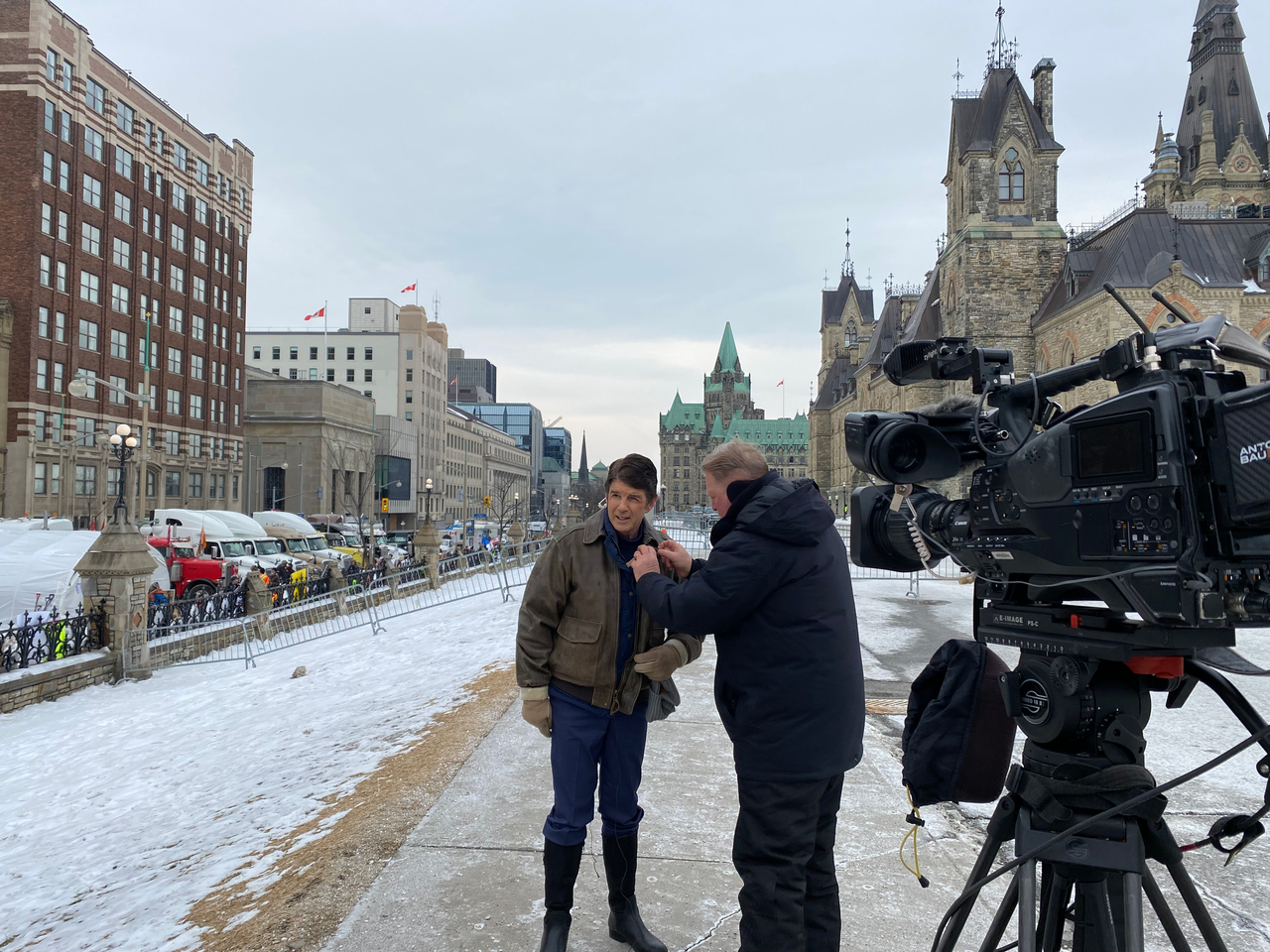


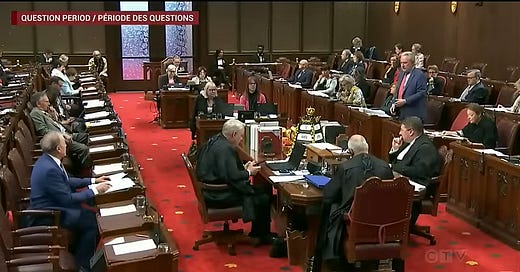



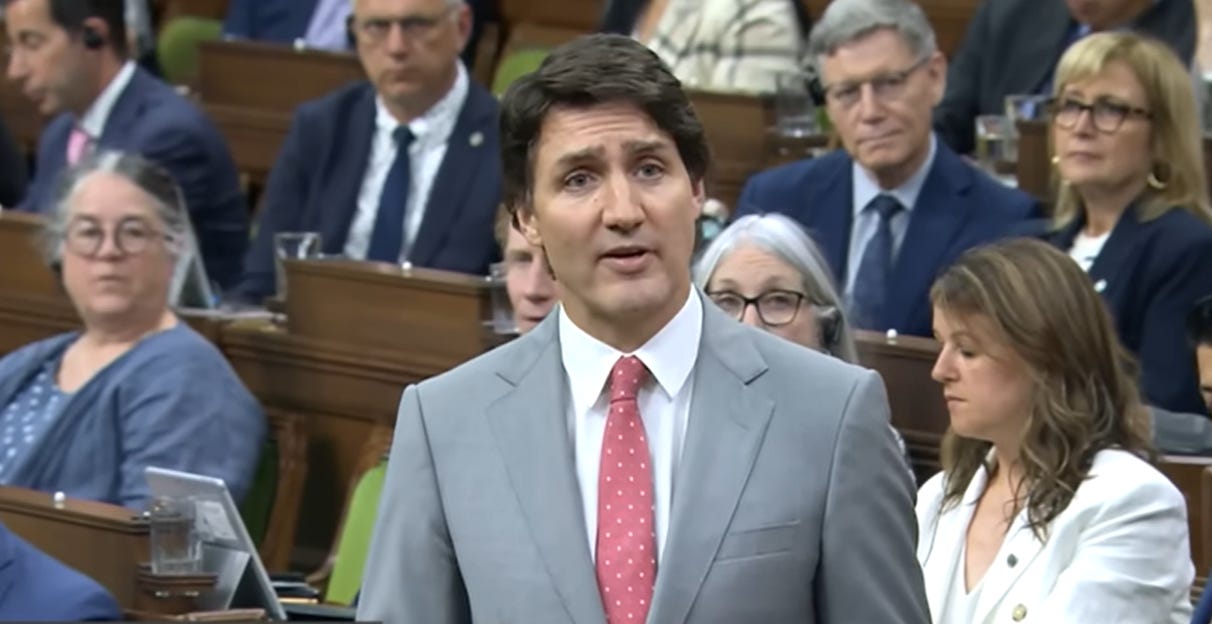
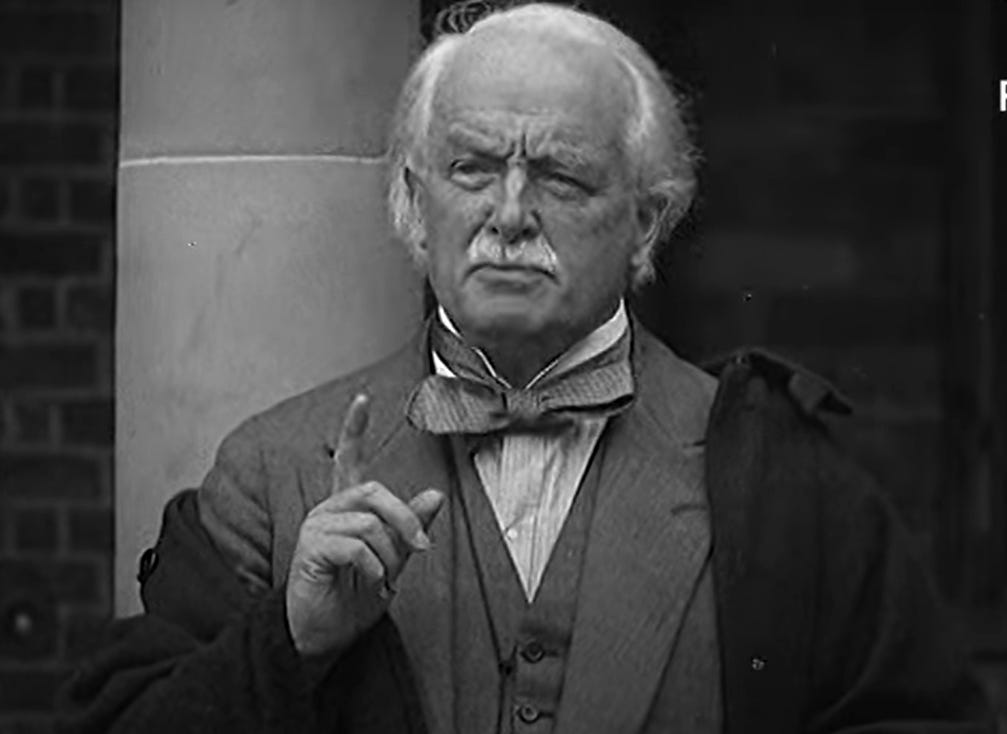
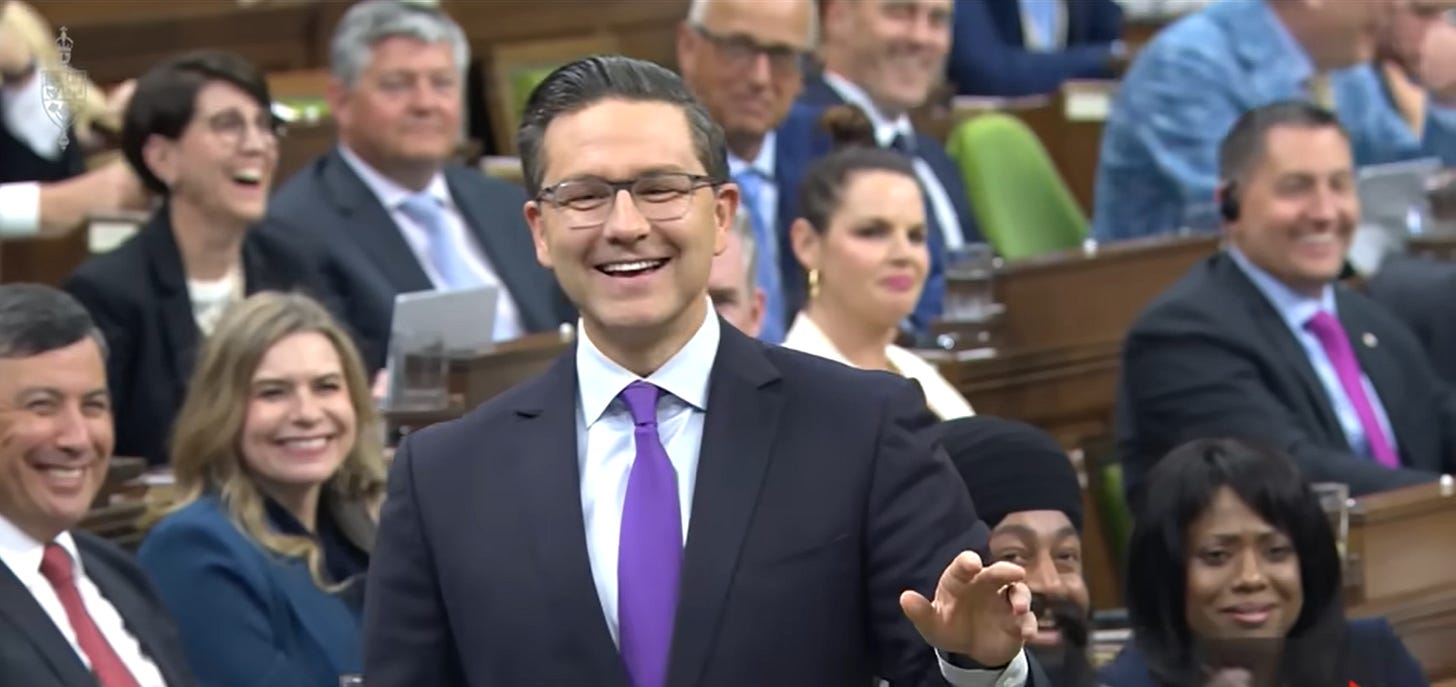









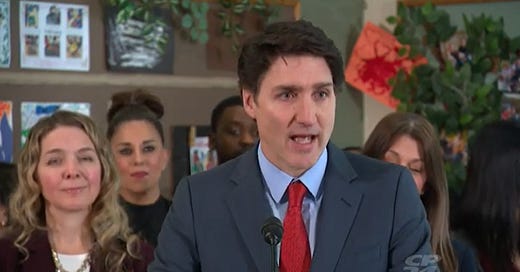

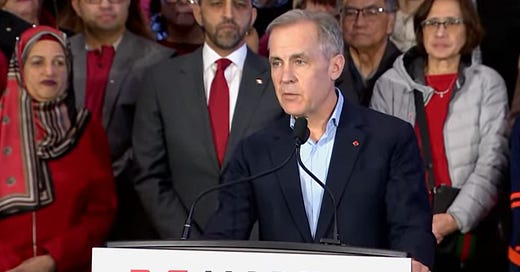

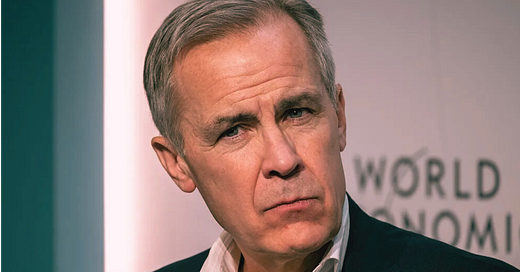

I think the Senate has to be done away with completely or elected but downsized considerably and a tightening of their remit. They shouldn’t be at protests, starting bills or travelling. They should be the “sober second thought”.
Even with a large Conservative majority win Trudeau will continue to have behind the scenes control until he is somehow disabled, a very sobering thought.